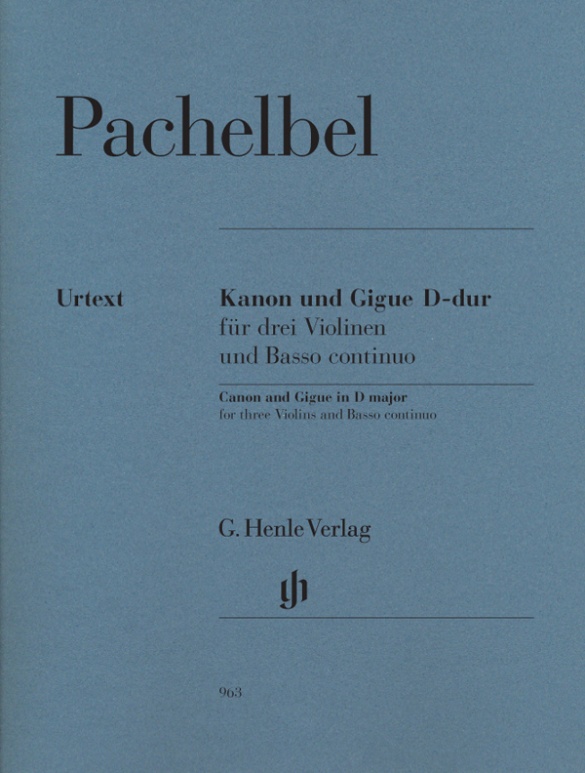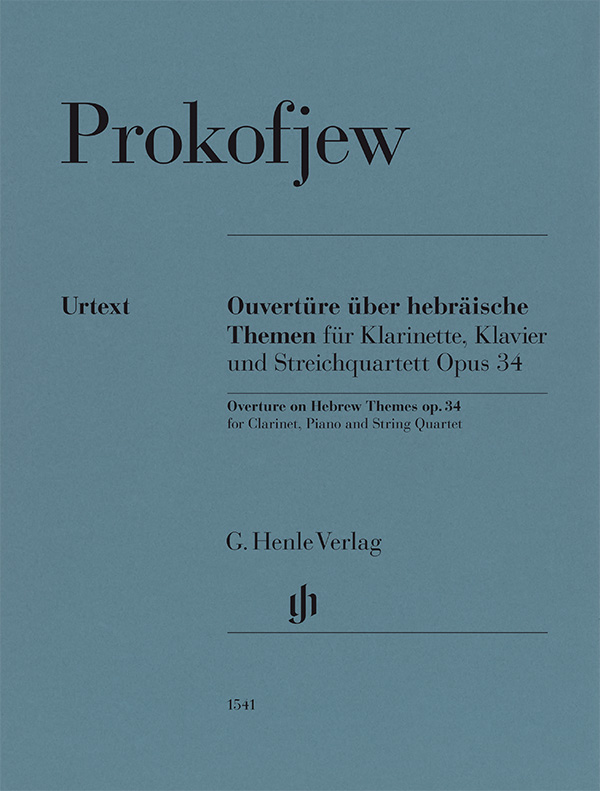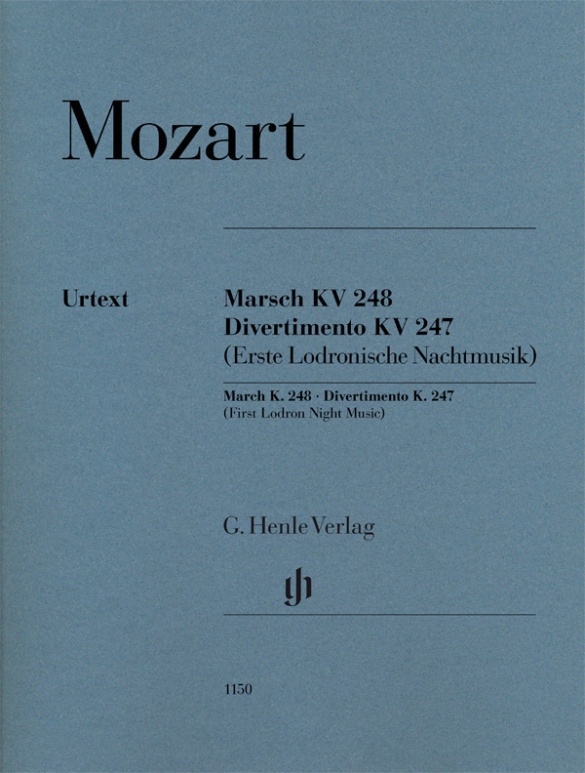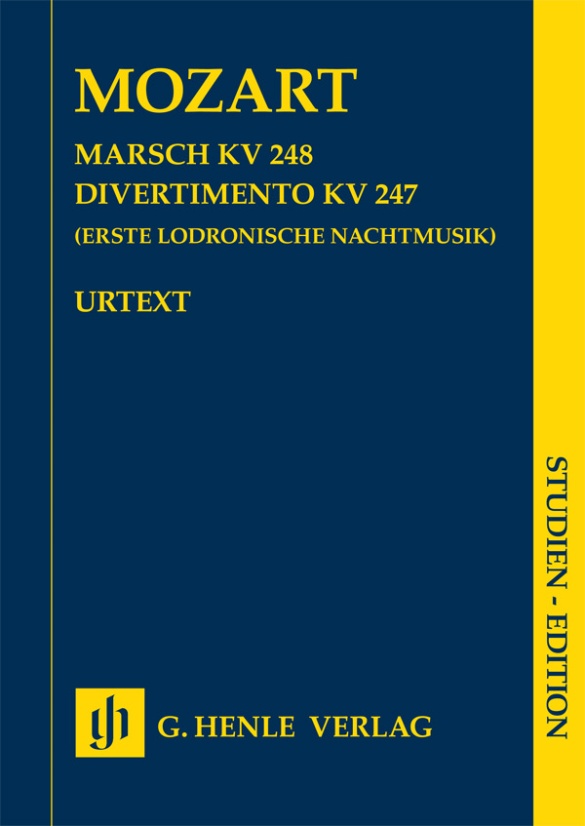

Johann Pachelbel
Canon and Gigue D major for three Violins and Basso continuo
Johann Pachelbel, born in Nuremberg in 1653, a generation before Bach, is one of Southern Germany’s most important post-Reformation organ composers. His compositions were already widely known at the time. The most popular work today is probably the canon with ensuing gigue in D major.
The canon – according to the source “a 3 Violinis con Basso c.” – is built up over an ostinato bass whose two bar figure is repeated a total of 28 times. The following short gigue is also in a strict contrapuntal style. It is not known when the work was composed. As with most of his other chamber music works, Pachelbel might have composed it during his time in Thuringia between 1677 and 1695. This pleasing work is also popular with amateur ensembles.
Content/Details
About the Composer
Johann Pachelbel
A German composer and organist of the Baroque era. As a representative of the Nuremberg school of organ playing and of the Southern German organ tradition his output was particularly shaped by the Lutheran chorale. As well as numerous choral transcriptions and variations he wrote larger-scale organ works such as preludes and toccatas, as well as cantatas, masses, and motets.
| 1653 | Baptized in Nuremberg on September 1. He receives his musical education from Heinrich Schwemmer and Georg Caspar Wecker. |
| 1669 | On June 29 he matriculates at the University of Altdorf. |
| 1670 | He switches to the Protestant Gymnasium Poeticum in Regensburg, and deepens his musical studies with Kaspar Prentz. |
| 1673–76 | A resident of Vienna, he was probably active as deputy organist at St. Stephen’s Cathedral. |
| 1677 | In May he is appointed organist at the court in Eisenach. |
| 1678–90 | As organist at the Predigerkirche in Erfurt he is tasked, among other things, with an annual public performance. His pupils include Johann Christoph Bach, a member of the Bach family, with whom he is on friendly terms. |
| 1690 | On December 2 he enters the services of Duchess Magdalena Sibylla at the court in Stuttgart. |
| 1692–95 | Due to war he quits Stuttgart and becomes municipal organist in Gotha. |
| 1695 | As the successor of Caspar Wecker, Pachelbel begins service as organist at the Church of St. Sebaldus in Nuremberg. Here, Johann Jacob de Neufville and Johann Georg Christian Störl number among his pupils. |
| 1706 | Dies in Nuremberg; buried on March 9. |
About the Authors

Norbert Müllemann (Editor)
Dr. Norbert Müllemann, born in 1976 in Cologne, studied musicology, German philology and philosophy at the University of Cologne whilst at the same time studying the piano at the Music Conservatory in Cologne.
In 2004 he began working at G. Henle Publishers as an intern. In 2005 he became a junior editor, whilst at the same time starting his doctorate at the Ludwig-Maximilians-Universität in Munich. He completed it in 2008 with a thesis entitled “Handschriften Frédéric Chopins bis 1830. Studien zur Authentizität, Datierung und Werkgenese”. Since 2008 Müllemann has been an editor at the publishing house, becoming editor-in-chief in 2017 and Head of Publishing in 2024. He has edited numerous Urtext editions for the publisher with a particular focus on the works of Frédéric Chopin.
Product Safety Informations (GPSR)

G. Henle Verlag
Here you can find the information about the manufacturer of the product.G. Henle Verlag e.K.
Forstenrieder Allee 122
81476 München
Germany
info@henle.de
www.henle.com
Der Henle-Verlag ermöglicht nun mit seiner Urtextausgabe einen neuen, historisch gesicherten Zugang zu diesem Werk. Zwar ist das Manuskript wahrscheinlich verschollen. Doch eine Abschrift aus dem 19. Jahrhundert ist erhalten und wurde der Henle-Ausgabe zugrunde gelegt. Wer bislang den Kanon aus einer Ausgabe von Max Seiffert oder anderen modernen Editionen gespielt hat, wird überrascht sein. Er sieht den „nackten“ Notentext ohne alle Bezeichnungen. Doch gerade dadurch kann der Interpret befreit von Traditionen des 19. Jahrhunderts an diese Musik herangehen.
Das Orchester, 2011recommendations
autogenerated_cross_selling





